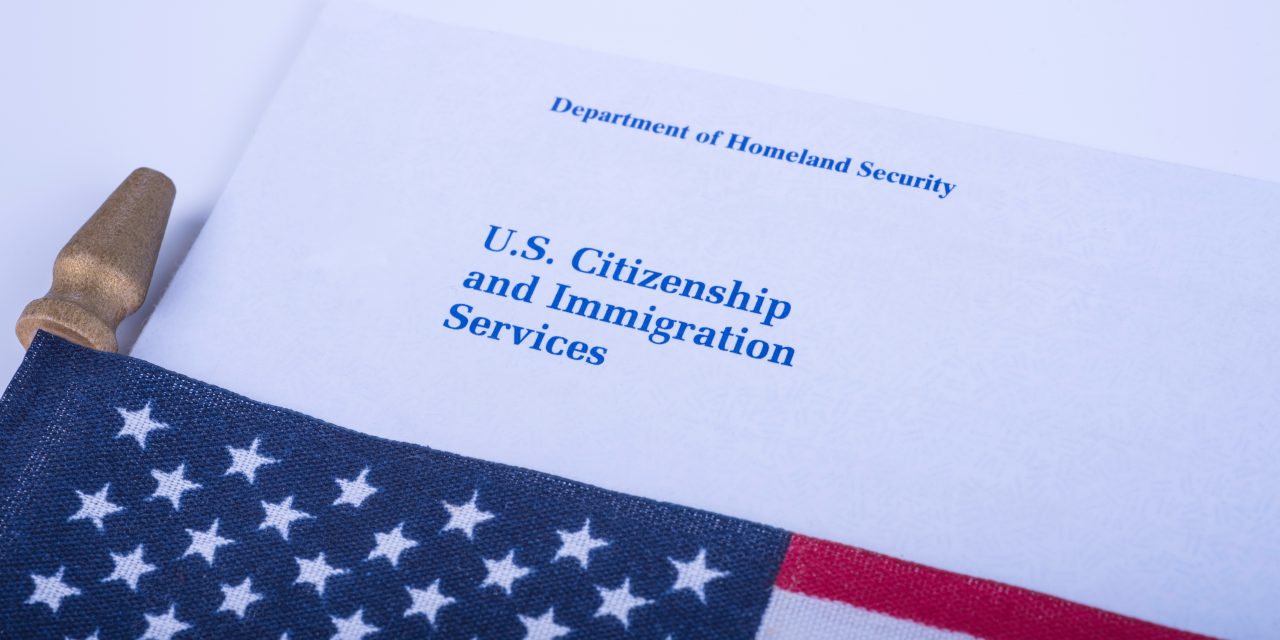Applications for permanent residence and other immigration benefits are taking longer than ever to process.
U.S. Citizenship and Immigration Services (USCIS), the agency responsible for adjudicating these applications, has a backlog at “crisis levels.”
While USCIS processing delays have increasingly been a problem, the backlog is reaching new highs under the Trump administration.
But for the first time in over a decade, the U.S. Government Accountability Office (GAO) has agreed to look into the problem. In a letter to members of Congress, the GAO said it plans to begin the study in about five months.
This could bring important information to light and help correct a problem that needlessly hurts immigrants, their families, and employers with long waits and uncertain futures.
The GAO announcement comes in the wake of two forceful letters from elected officials. A bipartisan group of senators called on USCIS to account for the lengthy backlog and waiting times that constituents and USCIS customers experience. The Congressional Hispanic Caucus and other members of Congress wrote a letter to the GAO requesting the investigation, seeking “recommendations on how the agency can best meet its statutory mission of being a service-oriented agency that efficiently processes immigration-related applications and petitions.”
Such recommendations are sorely needed. The average processing time for all application types is up 46 percent since Fiscal Year (FY) 2016. These increasing delays persist even when fewer new applications are being submitted.
Although the agency points to naturalization cases to demonstrate an increase in approved applications, this isn’t the full picture. It’s true that USCIS processed 18 percent more naturalization applications in FY 2018 compared to FY 2014, but in that time more applications came in and the backlog grew.
USCIS also significantly increased its fees to cover the costs of application processing. With higher fees and more applicants, USCIS should be adjudicating cases more efficiently—not at the same rate as earlier years when less money was available to them.
To date, USCIS has not addressed nor taken responsibility for the backlog crisis. And there is evidence that the agency’s own practices and policies contribute to longer processing times. For example, USCIS openly acknowledged that its expanded in-person interview requirement exacerbated these delays.
The impact of these delays should not be taken lightly. Senators articulated the consequences of the backlog in their letter to USCIS:
“The delays in employment authorization applications have led to disruptions in American businesses. many of which depend on employees who need work authorization to carry out their functions. When an employee experiences an unexpected processing delay in applying for and renewing employment authorization it can destabilize a business and leave mission-critical roles unfilled.”
Investigating USCIS inner-workings could shed much-needed light on the impact of policies and practices—whether implemented under the current administration or in years prior. The GAO has the ability to examine and expose any connections between USCIS policies, lengthy processing times, and the growing backlog of applications.
The investigation may be able to affect positive change. In 2005, the GAO examined the then-backlog at USCIS. The agency implemented all four recommendations from that investigation and concluding report.
While the GAO is not expected to begin its work until late in the year—and likely won’t issue a report until the second half of 2020—its announcement could spark positive change in the interim. It is also a win for transparency, recognizing the importance of keeping USCIS accountable to its founding mission and oversight from Congress. As the investigation gets underway, it could make important data and documents public, and encourage USCIS to more rigorously consider the implications of recent and possible policy changes.
FILED UNDER: featured, Government Accountability Office, USCIS


